Speed Up Healing: Best Vitamins and Minerals for Wound Recovery
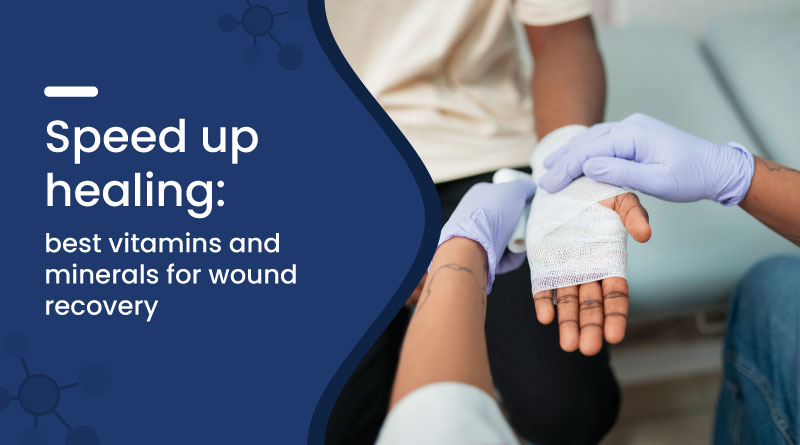

When it comes to recovering from cuts, burns, or surgery, choosing the right nutrients can make a big difference. Speeding up healing naturally depends on how well your body gets the right support — especially through essential vitamins and minerals for wound recovery. This blog explores the top nutrients that boost healing, reduce inflammation, and promote skin repair.
How do vitamins and minerals speed up wound healing?
Vitamins and minerals play a crucial role in every stage of wound recovery — from reducing inflammation to forming new tissue. Without them, wounds may heal slower or develop complications like infection or scarring. These nutrients support collagen production, immune defense, and cell regeneration, all necessary for faster healing.
Which vitamin is best for skin regeneration during wound recovery?
Vitamin C is vital for skin regeneration. It helps produce collagen, the protein responsible for forming new skin tissue and blood vessels. It also has antioxidant properties that protect the wound from oxidative stress.
Key benefits of Vitamin C:
- Boosts collagen synthesis
- Speeds up epithelial tissue formation
- Reduces inflammation and risk of infection
Foods rich in Vitamin C: Citrus fruits, bell peppers, guavas, broccoli
Is Vitamin A important for wound healing?
Yes, Vitamin A plays a powerful role in cell growth and immune function. It enhances the body’s ability to fight infections, especially in surgical or chronic wounds.
Key functions of Vitamin A:
- Promotes epithelial cell growth
- Reduces inflammation
- Enhances white blood cell activity
Sources include: Carrots, sweet potatoes, spinach, and eggs.
Does zinc help in speeding up wound recovery?
Absolutely. Zinc is one of the most critical minerals for wound healing. It supports the immune system, reduces bacterial growth, and is essential for cell division and tissue repair.
Why zinc matters:
- Helps repair damaged tissues
- Reduces risk of wound infections
- Supports enzyme activity involved in healing
Good sources: Pumpkin seeds, nuts, legumes, whole grains
What is the role of iron in wound recovery?
Iron is essential for proper oxygenation, which is necessary for tissue regeneration and fighting off bacteria.
Benefits of iron:
- Delivers oxygen to the wound site
- Boosts energy for cell activity
- Prevents anemia that slows healing
Iron-rich foods: Red meat, tofu, spinach, lentils
How does Vitamin E contribute to wound healing?
Vitamin E is known for its antioxidant and anti-inflammatory properties. It helps minimize scarring and supports skin moisture, which is vital during the healing process.
Vitamin E supports:
- Skin tissue repair
- Reduction of oxidative stress
- Prevention of scar tissue buildup
Sources include: Almonds, sunflower seeds, and vegetable oils.
Is protein also important for faster wound healing?
Yes, protein provides amino acids to build tissue and strengthen skin.
Role of protein:
- Supports tissue growth and repair
- Enhances immune function
- Maintains collagen levels
Good sources: Eggs, chicken, dairy, legumes
Should you take supplements for wound healing?
While a balanced diet is ideal, supplements may be helpful if you're recovering from surgery, burns, or chronic wounds and have dietary limitations. Always consult a doctor before taking supplements.
Quick Summary: Nutrients That Help Speed Up Healing
| Nutrient | Function in Healing |
|---|---|
| Vitamin C | Collagen production, antioxidant |
| Vitamin A | Cell growth, immune support |
| Zinc | Tissue repair, immunity |
| Iron | Oxygen delivery |
| Vitamin E | Skin repair, anti-scarring |
| Protein | Tissue formation |
Frequently Asked Questions
Q. Can taking vitamins speed up wound healing?
A. Yes, essential vitamins like C, A, and E support skin repair, immunity, and tissue growth, which accelerate healing.
Q. Is zinc good for post-surgery recovery?
A. Yes, zinc boosts immunity and helps rebuild damaged tissues, making it highly beneficial after surgery.
Q. What happens if I have a deficiency during wound healing?
A. Deficiencies slow healing and raise infection risk.
Q. Is Vitamin C good for surgical wounds?
A. Absolutely. Vitamin C enhances collagen production, which strengthens and rebuilds the surgical site.
Q. Can you overdo vitamin intake during recovery?
A. Yes. Overconsumption, especially of fat-soluble vitamins like A and E, can be harmful. Always follow medical advice.
Conclusion
Speeding up healing is not just about resting — it’s also about giving your body the right vitamins and minerals to do its job effectively. Nutrients like Vitamin C, Zinc, Vitamin A, Iron, and Protein form the foundation of proper wound care. Whether you're recovering from a minor cut or major surgery, making these nutrients a part of your routine can accelerate recovery, reduce complications, and help you heal stronger and faster.
Stay consistent, eat smart, and allow your body the nutrition it needs to heal from within.
Recent Blogs
Disclaimer : Zeelab Pharmacy provides health information for knowledge only. Do not self-medicate. Always consult a qualified doctor before starting, stopping, or changing any medicine or treatment.

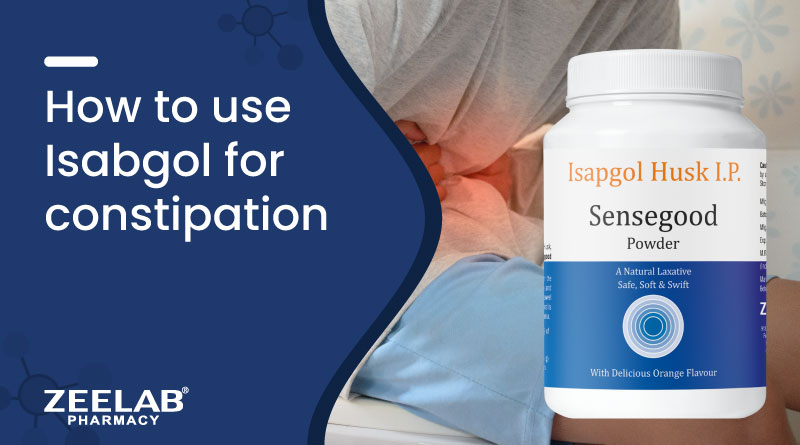
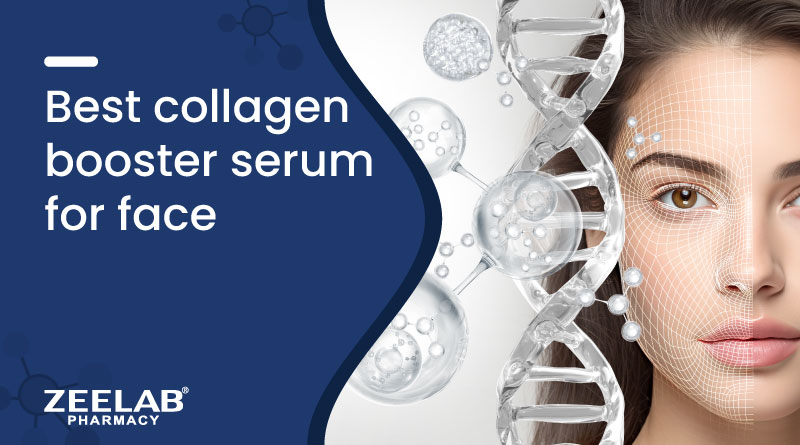
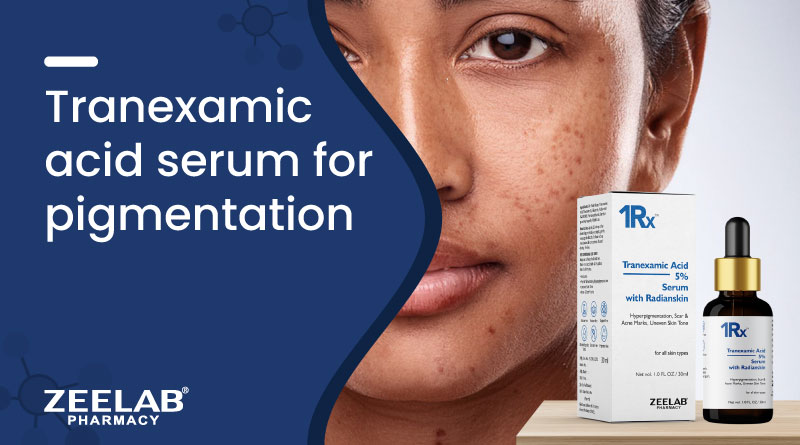
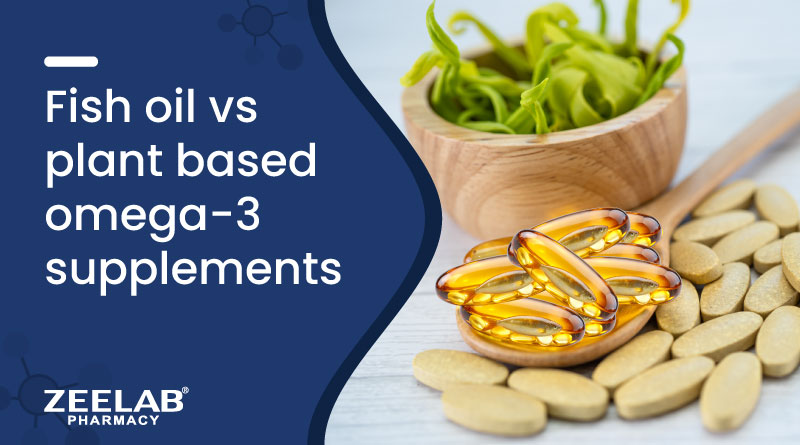
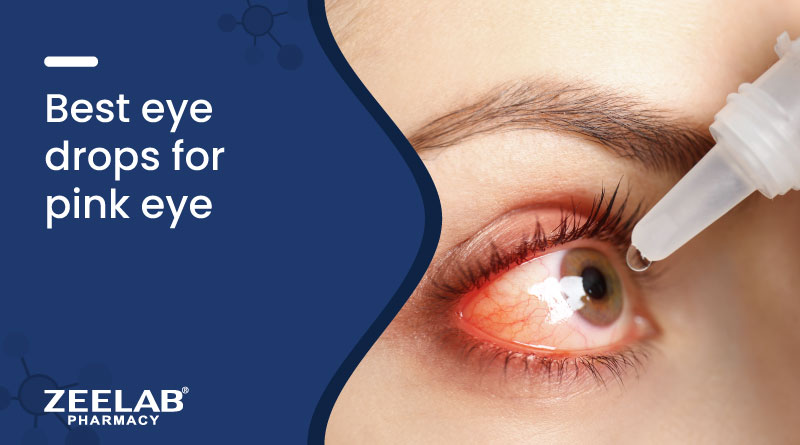
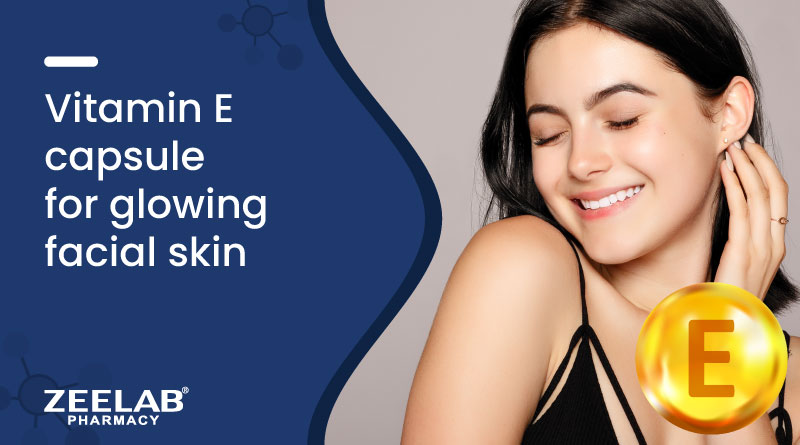









 Added!
Added!